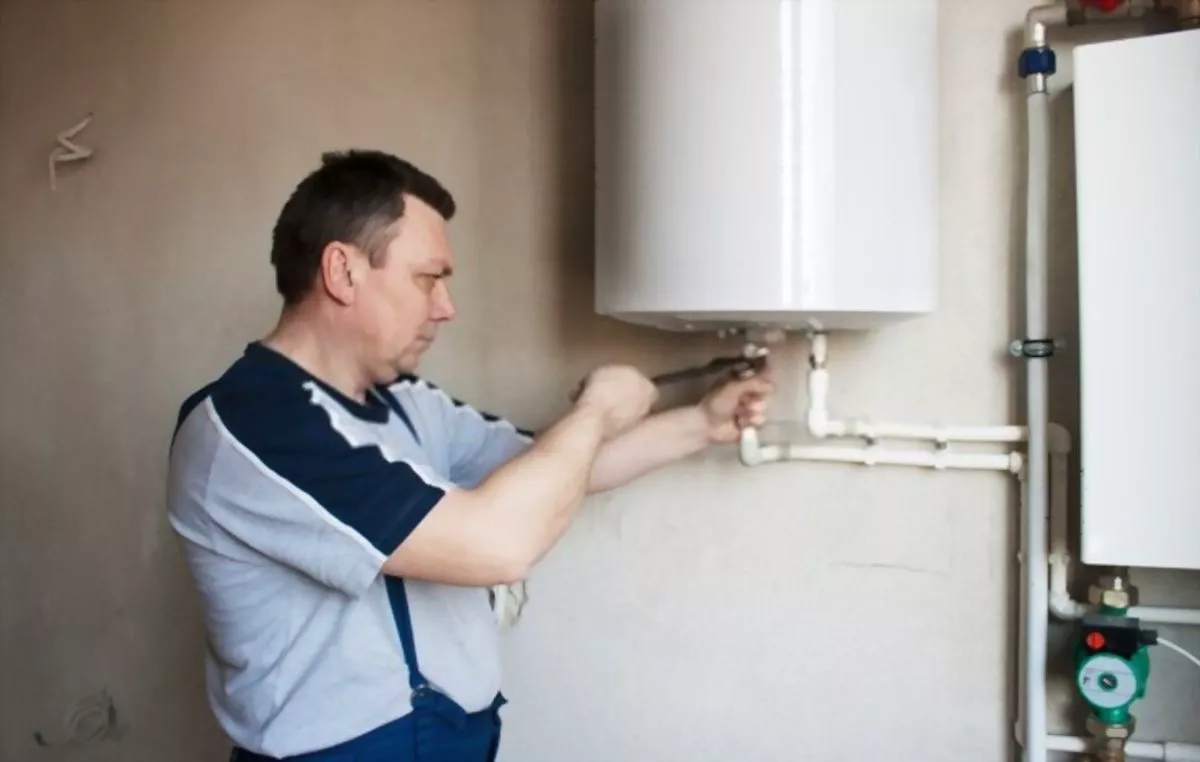

Hot Water Systems are a specific necessity on winter days. Otherwise, it becomes too hard to do everyday household work, be it cleaning to take a shower. Also, it keeps us in the best state as constant cold water in the winter also leads to severe colds and flu.
When choosing one, there are multiple options available these days. Let’s check them out.
Electric power storage is the least expensive to purchase and install but the most expensive to run, except when powered by a solar PV system.
Solar hot water systems are made up of solar panels or evacuated tubes, as well as storage tank units that can be installed on the roof or ground level. Solar hot water units may require a gas or electricity booster in areas with less mid-year sun and long cold nights.
Heat pump water heaters are extremely efficient, using only 30% of the energy of a traditional electric hot water system. To heat the water, these systems use a refrigeration cycle to extract heat from the air. There are two kinds: integrated with a tank and a compressor, and the tank and compressor are separated.
The compressor, like that of an air conditioner, can be noisy. Heat pumps are expensive to buy and install, but they are inexpensive to operate.
Due to venting requirements, gas water heaters are typically installed outside. They have moderate to high purchase, installation, and operating costs. Gas storage systems are notoriously inefficient, particularly in cold climates.
Hot water is stored in an insulated tank until needed. A thermally insulated vessel, thermostats, one or more electric heating elements, and hot water pipes are all part of it. Water is collected in a tank in a storage type water heater. The tank’s water has been heated.
It is then delivered to various appliances. Storage water heaters are used when a large amount of water is required in a short period, such as in bathtubs. It does not supply constant hot water because water is first filled in the container and then heated. Once the hot water has been emptied from the tank, the water in the tank must be heated.
Choosing a hot water system is likely to be a once-in-a-lifetime decision. Spending time researching your options will ensure that you buy a system that provides enough hot water, saves you money, and reduce your house’s gas emissions.
Household size: The size of your system will be determined by the number of people living in your home and your hot water consumption patterns, for example, washing machine and running the dishwasher.
Cost- Consider both the purchase and operating costs of your system. Your water heater’s energy consumption affects your energy bill for years, so think carefully before purchasing.
Space available: Some systems may not be able to be installed in existing homes due to lack of space.
Existing water heater- Some systems can be converted to more environmentally friendly models.
Local climate: Solar systems work best in sunny locations with plenty of solar radiation.
Service: No matter which company you choose, you must ensure that you get proper servicing for your hot water system.
Insurance: Also, while buying the new system, ensure that the company provides insurance for some period for the particular product.
If you want to know more about the hot water system, you may go through this article. It has complete information.
Read Also: What Are The Benefits Of Ducted Gas Heating?
Hey there! Ready to embark on a historical journey with Air India? Whether you're a…
In 2017, altcoins were seen as experimental side projects to Bitcoin. By 2021, they became…
Shopping centers in Las Vegas have a unique opportunity to stand out by offering not…
Levitra, a widely recognized medication for treating erectile dysfunction (ED), has proven to be a…
Have you ever looked down at your carpet and wondered if there’s a budget-friendly way…
Counter-Strike 2 (CS2) has elevated the thrill of case openings, captivating both seasoned CS:GO veterans…